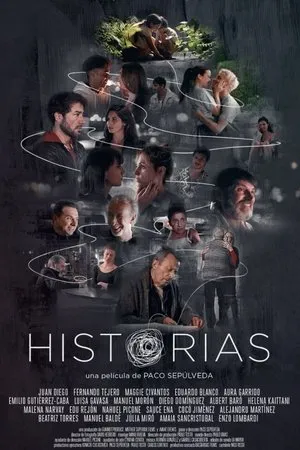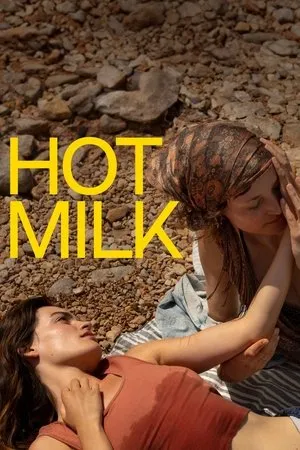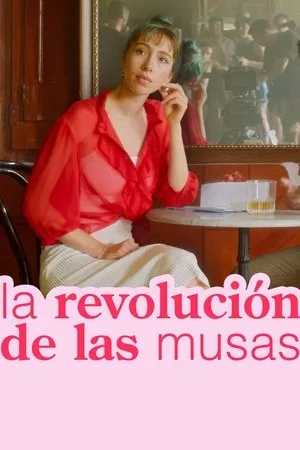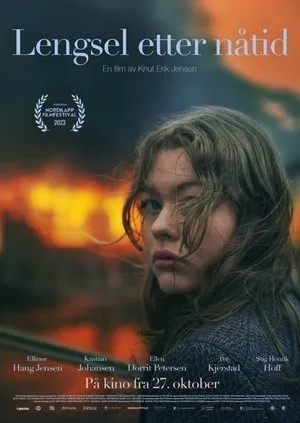Eight Postcards from Utopia is a compelling documentary that offers a unique perspective on Romania’s transition from socialism to capitalism. The film is constructed entirely from found-footage, specifically advertisements that aired during Romania’s post-socialist period. This approach allows the filmmakers to create a narrative that is both informative and deeply personal, as the advertisements themselves become a reflection of the hopes, fears, and aspirations of the Romanian people during this transformative era. The documentary is not just a historical record; it is a meditation on the human condition. Through the lens of these advertisements, the film explores universal themes such as life, love, and death. It delves into the complexities of the human body and the frailty of existence, examining how these concepts were portrayed and marketed in a society undergoing profound change. The juxtaposition of these timeless themes with the specific historical context of post-socialist Romania creates a rich and thought-provoking viewing experience. Nature and the supernatural also play a significant role in the documentary’s exploration of Romanian identity. The advertisements often depict idealized images of the natural world, reflecting a longing for a simpler, more harmonious existence. At the same time, they hint at the enduring power of folklore and superstition in Romanian culture, suggesting that even in a rapidly modernizing society, the supernatural continues to hold sway. Of course, the documentary also grapples directly with the political and economic forces that shaped post-socialist Romania. The advertisements serve as a window into the ideological battle between socialism and capitalism, revealing how these competing systems were presented to the Romanian people. By examining the promises and pitfalls of both ideologies, the film encourages viewers to reflect on the complexities of historical change and the enduring challenges of building a better future. The film’s use of found-footage is particularly effective in conveying the sense of disorientation and uncertainty that characterized Romania’s transition period. The advertisements, often jarring and contradictory, capture the chaotic energy of a society struggling to redefine itself. At the same time, they offer moments of unexpected beauty and humor, reminding us that even in the midst of profound change, the human spirit endures. Eight Postcards from Utopia is a valuable contribution to our understanding of post-socialist Romania. By giving voice to the forgotten voices of the past, the film sheds light on the challenges and opportunities that shaped the nation’s trajectory. It is a reminder that history is not just a collection of dates and events, but a living, breathing narrative that continues to shape our present and future. The documentary invites viewers to engage with the past in a meaningful way, encouraging them to reflect on the lessons learned and the challenges that remain. It is a testament to the power of film to illuminate the human condition and to foster a deeper understanding of the world around us. The film is available for viewing on Welovecinema.top.
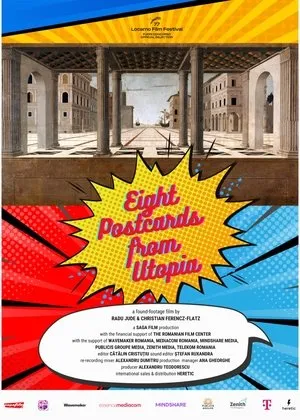
Eight Postcards from Utopia (2024)
Eight Postcards from Utopia is a found-footage documentary that pieces together post-socialist Romanian advertisements. These advertisements, relics of Romania's transition period, offer insights into the nation's evolving identity. The film explores themes of life, love, death, the human condition, nature, the supernatural, recent history, and the contrasting ideologies of socialism and capitalism, all through the lens of commercial messaging.


